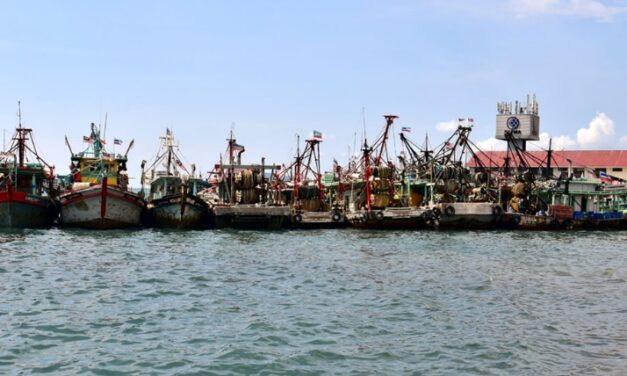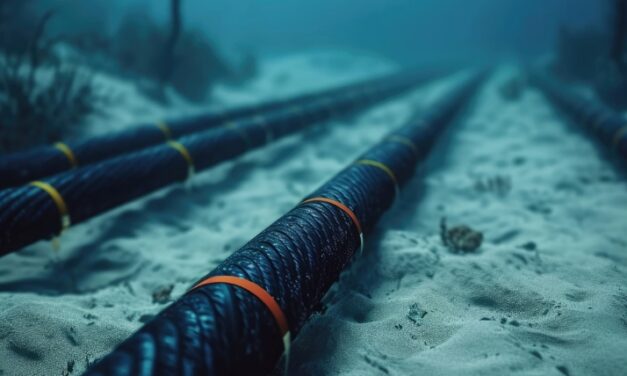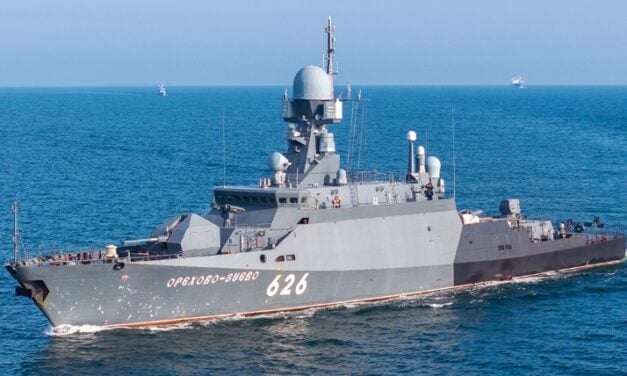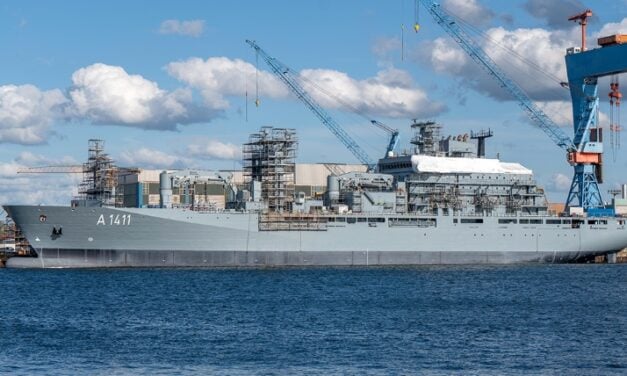Back to the roots
During the Cold War, the aim was to deny the Warsaw Pact access to the western Baltic Sea. At the same time, the North Atlantic had to be secured for the supply of material and troops from the USA and Canada. After the collapse of the Soviet Union in 1991, the focus shifted to the Mediterranean. First there were crisis operations in the Adriatic, then the Mediterranean became the EU's southern flank and later its external border, which is still evident 30 years later in the Navy's numerous Mediterranean deployments. Since then, it has also been involved in numerous missions in the Horn of Africa between the Persian Gulf and the Red Sea. The navy is currently operating to protect shipping...
Read More






Recent Comments